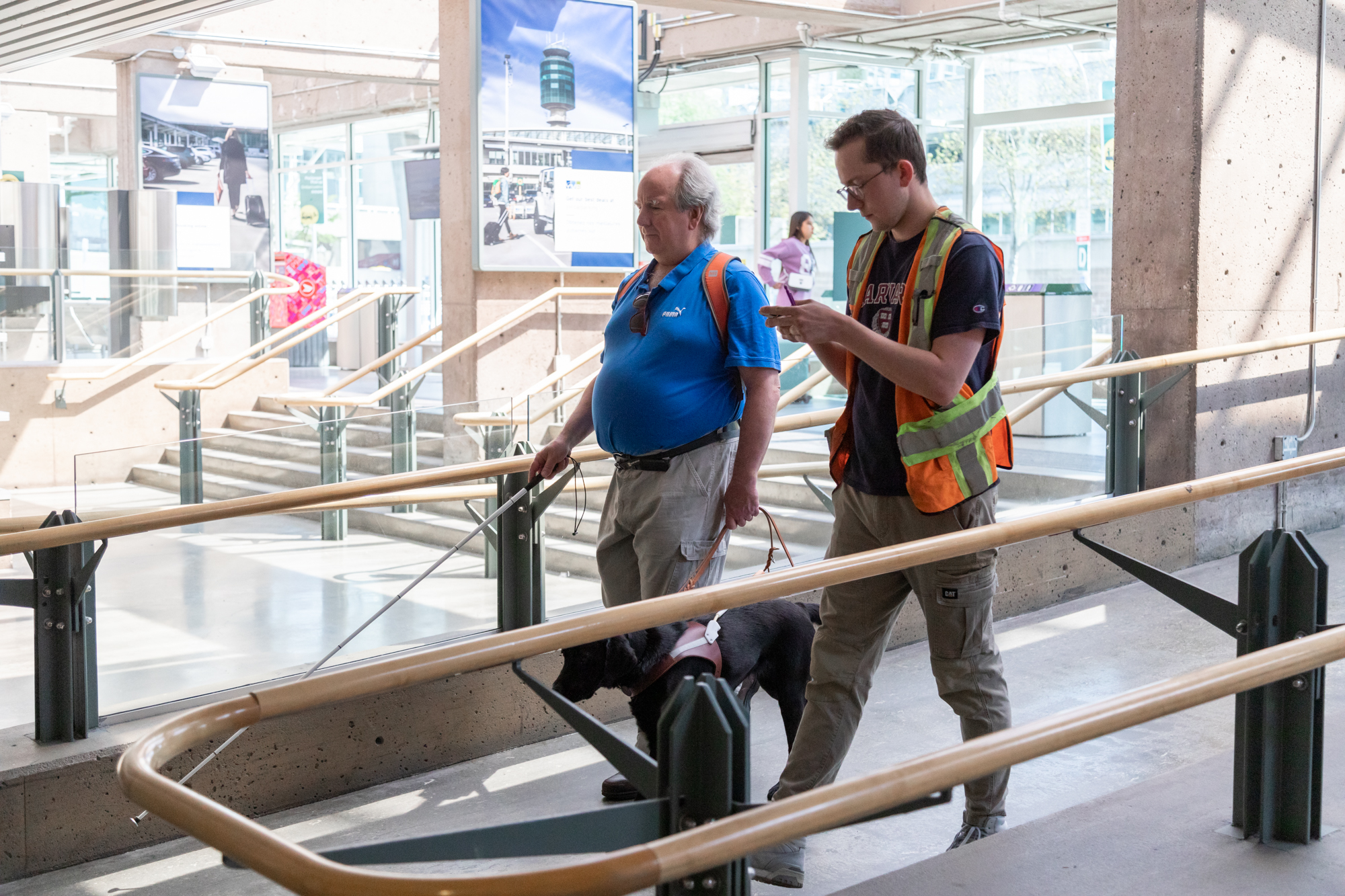At BCIT, we believe in the respect of all people in our community – students, staff, and faculty. We have always, and will continue to, champion a diversity of experiences, ideas, cultures, and perspectives, by fostering a community permeated with equality and inclusivity. In furthering our commitment for respect, diversity, and inclusion in post-secondary, BCIT offers a Directed Studies course focusing on Inclusive Design. This course introduces students to the concepts of inclusive design as it applies to architecture and our built environment.
The Directed Studies on Inclusive Design course
More than 6 million Canadians aged 15 years and over (approximately 22% of the population) identify as having a disability. Many of these disabilities affect people’s level of independence and/or quality of life to varying degrees.
With this in mind, the Directed Studies on Inclusive Design course aims to enhance independence for people with disabilities – particularly by providing them the ability to navigate through the environment freely and safely.
“As upcoming practitioners that will be responsible for the future built environment, this course is designed to encourage social responsibility and promote critical thinking on issues of equality in students.” – Colette Parras, Faculty, BCIT School of Construction and the Environment
The YVR project
This year, our students applied their learning in partnership with YVR. Recently, YVR temporarily rerouted a portion of their domestic passenger pickup paths and invited BCIT students to assess and evaluate these new paths. Divided into four groups, the students studied current accessibility regulations and guidelines and applied them to the airport environment. The objective for our students is to create an inclusive, interactive, indoor, wayfinding system that is accessible to everyone.
Working directly with volunteer community members from the hard of hearing, blind, colour-blind, and mobility difficulty communities, our students were able to develop strategies that would allow for their safe and independent navigation.
Their strategies ranged from using Accessibuild, a computer-aided design (CAD)/building information model (BIM) audio navigation tool, to designing new airport maps. The student’s work was site tested by our community members and their findings were collated into a final report that was then presented to YVR.
Practical, hands-on learning at BCIT
Though there are already numerous applications that support navigational information for the outdoors, specifically for vehicles, there are still deficits in indoor navigational assistants. The research conducted by BCIT students at YVR is a steppingstone in furthering the research on indoor accessibility and the importance of universal design.
As the only BC post-secondary with a provincial mandate for strategic workforce development, BCIT connects education, industry, and government in support of building an agile workforce.
We are very proud of the success of our students’ research, and excited to see how to they continue to create sustained and meaningful impact.
Have you subscribed? Sign-up to receive the latest news on BCIT.
(Photo credit: Marc Johannknecht; Photo caption: Community member David Brun and BCIT student Matt Keller).
